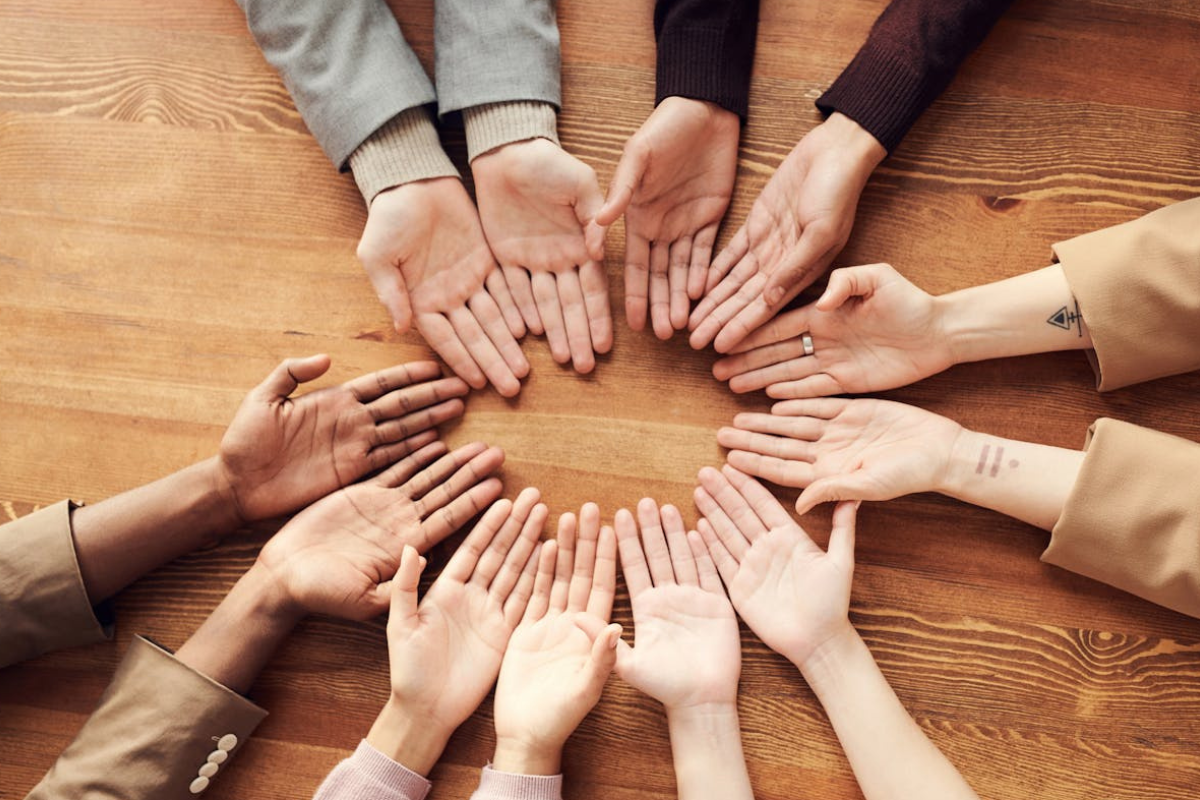Imagine you are planning an event with a guest list of one million people. One of the first tasks is to determine how many people plan to attend. Out go the RSVPs and 727,000 are returned as yes. This means there are 273,000 invitees you won’t have to prepare for. There was a turnout of 668,000 attendees, meaning that accommodations were made for 59,000 that went to waste. A total of 332,000 invitees could not or chose not to participate in the event.
I acknowledge that this is a very simplistic comparison, but of the over 225 million people of voting age in the United States in 2020, 72.7% were registered voters, or RSVPs, and 66.8% exercised their right to vote, the attendees (US Census Bureau, 2023). The remaining 33.2% were unable or chose not to vote. When you hear the words “it is an election year,” what kind of emotions are sparked in you? Are you appreciative of the privilege to contribute your voice to establish laws and leaders in our country, or have you resolved reasons why you will not vote? Wait! Don’t answer yet. We will come back to that question.
Let’s start with a quick review of dictatorship vs. democracy. A dictatorship is a governing style in which a single leader or small group exercises absolute control over all citizens and every aspect of their lives. The citizens have no rights and may face violent consequences for challenging or criticizing their government. On the other hand, a democracy is a form of government in which power is held by the people or exercised on their behalf by elected representatives. The citizens vote to establish their laws and elect their officials. The United States of America operates as a Democracy. The word Democracy comes from the Greek words “demos”, meaning people, and “kratos” meaning power; hence the phrase: “power to the people.”
Just to be clear, it is not my objective to promote any party or candidate. I am here to inspire conversation about how each and every vote is important and powerful enough to make a difference. Why? Because the reality is that non-voters have influenced outcomes just as significantly as voters. Democracy is minimized when members of diverse segments choose not to vote. The question then becomes was the outcome a victory because of voter support, or a loss because of lack thereof. When everyone participates, it leads to a more inclusive and representative government that considers the interests of all citizens.
Among the many reasons some may not cast a ballot is the feeling that their vote will not make a difference in the outcome. While this is especially common in areas where one political party consistently dominates, it is a sentiment also shared by diverse segments of the population. In these instances, recognize that representation matters. Voting for laws and leaders that share your societal values makes your voice heard. Elected officials are accountable to the people, and if they fail to perform, they know they can be replaced in future elections. You may have heard predictions on who is expected to win based on “the polls.” Well, political polls are partially made up of how many are registered to vote, as well as if and how they have voted in the past. Campaign platforms and strategies are designed around the voices of those that vote. Even if your vote isn’t with the majority, your voice has been noted for future discussions as you will be classified as a ‘likely voter.”
Another voting apprehension is some citizens become discouraged by the negative campaigning, which focuses on discrediting opponents instead of promoting their own strengths, true beliefs, and intentions. It can become a challenging task to do the research necessary to separate accurate information from misinformation. These disruptive tactics often make people skeptical of all candidates, leaving many voters so confused and annoyed that they would rather not deal with it at all and deliberately not vote.
Take a moment to consider these 3 principles:
- Protecting Rights. Voting is essential for protecting civil rights and liberties. Historically, many groups have fought for the right to vote, and exercising this right helps preserve these hard-won freedoms. Not voting results in certain defeat and leads to a continual pattern resulting in less and less voting. Be mindful that the blurred line created between not having the right to vote and not exercising the right vote results in the same winners and the same losers.
- Preventing Corruption. High voter turnout can reduce the likelihood of corruption. When more people participate, it becomes harder for any one group to dominate the political scene. In sports, if enough of your team members do not show up at game time, the opposing team wins and you all lose by forfeit. Forfeit enough times and your team will become ineligible for further participation. The process gets broken when voters fail to show up.
- Future Generations. Decisions made by elected officials can have long-lasting impacts on better schools, accessible health care, a clean environment, social justice, jobs and more. Our votes today help to establish or preserve rights and freedoms not only for ourselves, but also to help shape the world for our children and grandchildren.
So now I ask again. Are you appreciative of the privilege to contribute your voice to establish laws and leaders in our country, or have you resolved reasons why you will not vote? America stands as a democracy. Democracy is not everyone gets everything every time, but most prefer it over one person gets everything all the time. What is most important is to respectfully accept that each person has the right to choose their beliefs. Once you have established what you stand for and why, take time to determine your societal contributions and expectations. Change doesn’t happen overnight. You have a democratic right and civic duty to work towards establishing that reality by either serving in office or voting to elect leaders that will work to establish a community, state, and nation that will support those beliefs. Now go have some great conversations!
References
US Census Bureau. (2023, April 19). Historical reported voting rates. Census.gov. https://www.census.gov/data/tables/time-series/demo/voting-and-registration/voting-historical-time-series.html




